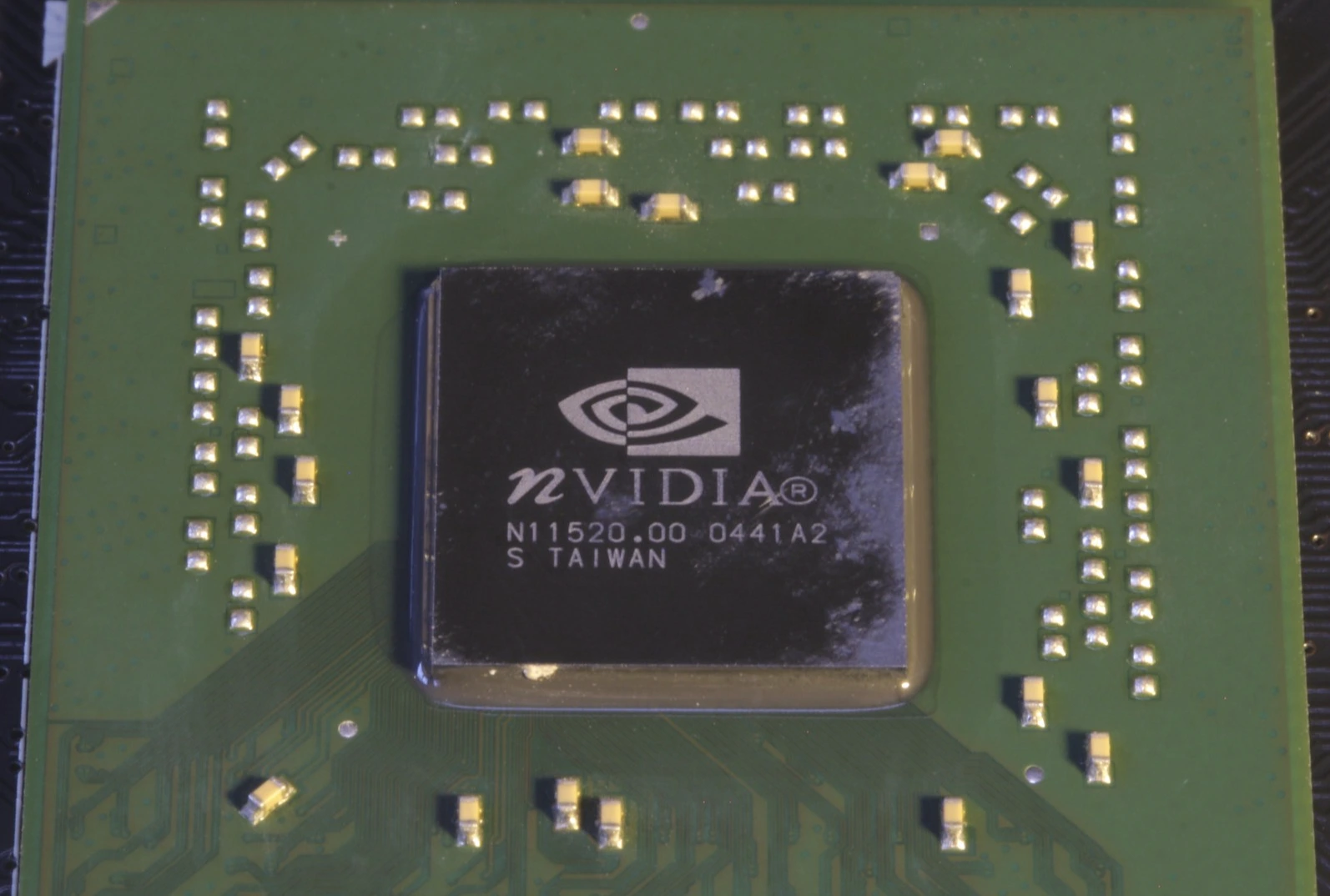
Image by Henry Mühlpfordt, from Flickr
Nvidia Faces Overheating Problems With Blackwell AI Chips
Nvidia’s Blackwell AI chips face overheating issues in server racks, delaying deployments for major tech companies like Meta, Google, and Microsoft. These setbacks come amid rising AI demand and production delays.
In a Rush? Here are the Quick Facts!
- Overheating can decrease efficiency and increase costs for companies relying on these servers.
- Nvidia has asked suppliers to modify rack designs to resolve the issue.
- Nvidia’s Blackwell chips were launched in March, but shipment delays have impacted customers.
Nvidia’s Blackwell AI chips, which have already faced production delays, are now encountering overheating issues in server racks, raising concerns among customers about delays in setting up new data centers, according to a report by Reuters.
Experts warn that overheating can decrease efficiency and drive up operational costs for companies dependent on these servers.The issue emerges amid surging demand for AI capabilities, intensifying pressure on hardware providers like Nvidia, noted Ticker News.
The overheating occurs when the chips are connected in racks designed to hold up to 72 units. Sources familiar with the matter revealed that Nvidia has repeatedly requested suppliers to modify rack designs to address the problem, as reported by Reuters.
Reuters noted that neither the suppliers nor specific design changes were named in the report.
Wall Street Pit says that this issue has raised concerns among major tech companies like Meta Platforms, Google, and Microsoft, which depend on these chips to advance their AI data center capabilities. Deployment delays could lead to significant disruptions in their operational timelines.
A company spokesperson told Reuters,”Nvidia is working with leading cloud service providers as an integral part of our engineering team and process. The engineering iterations are normal and expected.”
Reuters notes that Nvidia unveiled the Blackwell chips in March, initially planning shipments for the second quarter before delays impacted major customers, including Meta Platforms, Google, and Microsoft.
The chips feature two silicon components combined into a single unit, offering speeds up to 30 times faster for tasks like chatbot responses compared to previous models, as noted by Reuters.
These setbacks come as Nvidia continues to dominate the AI chip market, despite challenges in meeting demand for its next-generation products, said Reuters. Ticker News argues that if unresolved, the overheating issues could affect Nvidia’s standing in the competitive market.


 Previous Story
Previous Story

 Latest articles
Latest articles 

Leave a Comment
Cancel